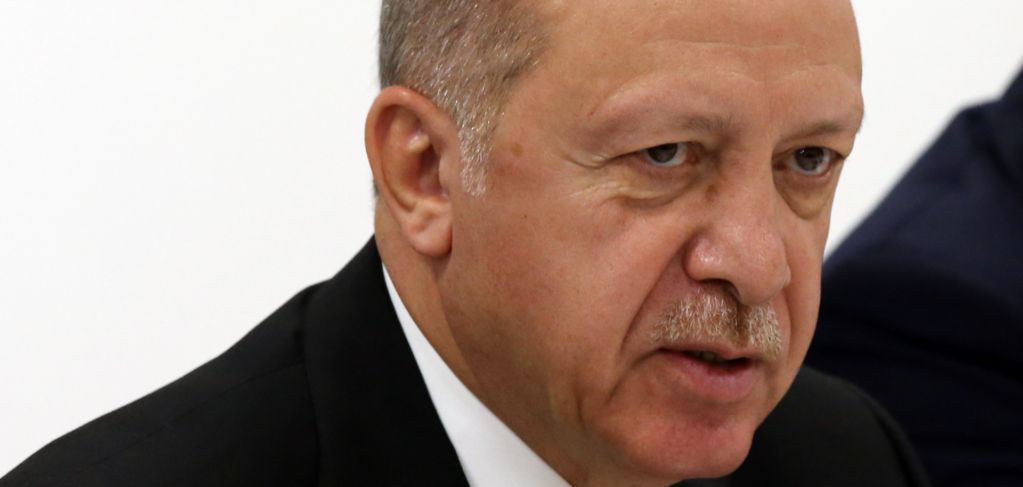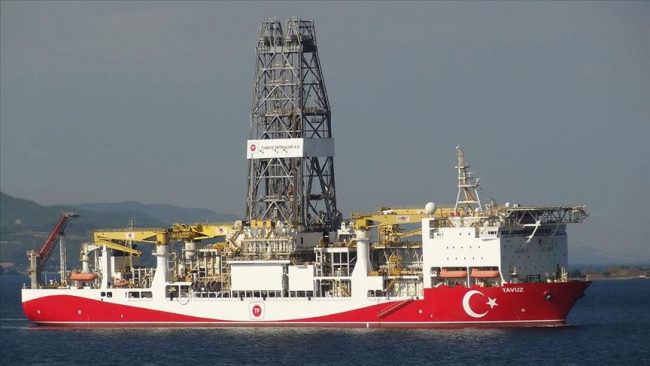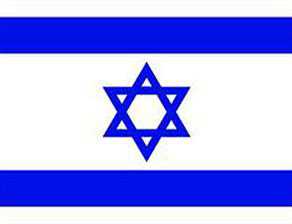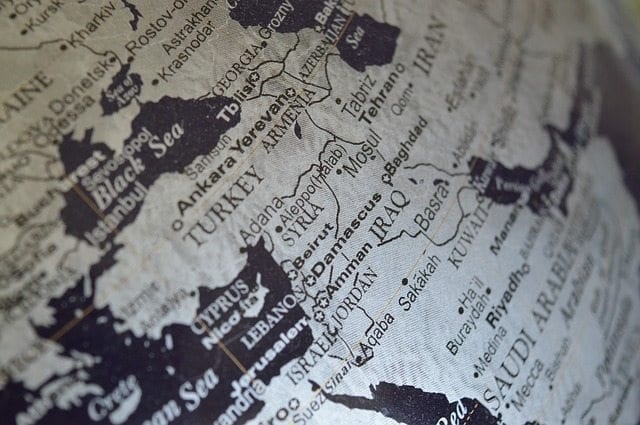Jul 3, 2019 | 19:25 GMT

- In Turkey, the opposition’s Ekrem Imamoglu soundly defeated his ruling party opponent by more than 800,000 votes in the June 23 Istanbul mayoral election redo — a vast increase from Imamoglu’s first, narrow win on March 31.
- The ruling Justice and Development Party (AKP) experienced major metropolitan loses not only in Istanbul but also in the capital, Ankara, and elsewhere as voters expressed their dissatisfaction with the AKP and President Recep Tayyip Erdogan.
- In the coming days or weeks, former AKP officials and Erdogan allies will break away from the governing party to establish a rival political party. The move will weaken the AKP and Erdogan’s base of power and force supporters to choose between Erdogan and the splinter group.
The June 23 redo of the Istanbul mayoral election produced an embarrassing outcome for Turkish President Recep Tayyip Erdogan. More than 800,000 votes separated Ekrem Imamoglu, the opposition Republican People’s Party candidate, from Binali Yildirim of the ruling Justice and Development Party (AKP), a monumental increase from Imamoglu’s narrow 13,000-vote margin of victory in the first Istanbul vote on March 31. The outcome reflected voter frustration with Erdogan’s attempt to impose a victory in Turkey’s premier city by nullifying the result of the first election and ordering a do-over. The outcome can also be seen as an expression of voter dissatisfaction with the way Turkey’s economy is being run and the lack of attention the AKP is giving ordinary citizens’ concerns about inflation, unemployment and divisive political rhetoric.
A Turning Tide
Erdogan, seemingly caught by surprise, has not been able to articulate a clear response to Imamoglu’s overwhelming victory. The AKP will likely respond by taking away various mayoral powers, such as the issuance of zoning permits and public procurement tenders, and centralize them under presidential authority. Such a move would ensure that the most lucrative aspects of city governance fall under the jurisdiction of the president, who can continue to distribute spoils to loyal supporters and business cronies, and deprive the new mayors who are not from the AKP of the resources they need to run their cities successfully. Over time, voters might become increasingly discontented with the new mayors as they fail to deliver much-needed city services and decide to return AKP candidates to office in the next elections — or so the AKP and Erdogan might hope.
Erdogan has consistently said that if you lose Istanbul, you lose Turkey. He knows of which he speaks. One in five Turkish voters lives in Istanbul and Erdogan’s own rise to power began in 1994 when he was elected the city’s mayor. He and the AKP ran an inflammatory and divisive campaign and tried to demonize Imamoglu throughout. They accused him of being of Greek origin, described his supporters as an “uncouth minority” and said that a vote for Imamoglu was a vote for Abdel Fattah al-Sisi — the unelected ruler of Egypt. By contrast, Imamoglu ran a largely positive and inclusive campaign. Voters rewarded him. The tide appears to have turned against Erdogan and the AKP, and Imamoglu now has a favorable national presence that could position him to challenge Erdogan for the presidency when the next national elections are held in 2023.
The next four years give Erdogan the opportunity to hunker down and concentrate on rebuilding his and the AKP’s public image and support. The primary place to start is to ensure strong economic growth. Turkey’s sharp economic downturn is Erdogan’s Achilles heel. Erdogan can also work over the next four years to undermine the newly elected opposition mayors, not only in Istanbul but also in Ankara, the capital, and beyond, to try to reinforce the message that Turkey can be successfully governed by only him and the AKP. There are many variables at play, however, and any one — or combination of them — may further result in Erdogan’s political demise and ultimate departure from power.
Rivals, Party Dissidents and Other Variables
Turkey’s presidential election system mandates the winner to secure at least 50 percent of the vote plus one. Erdogan only succeeded in becoming president with the active support of Devlet Bahceli’s Nationalist Movement Party (MHP). Even if we assume that Bahceli will continue to support and work with Erdogan (and this is a big “if”), their alliance will likely fail to reach the 50 percent threshold in 2023. The main opposition Republican People’s Party (CHP), meanwhile, has led a successful bloc of voters that formally includes the Good Party of Meral Aksener, made up of dissidents who broke away from the MHP, and informally the support of the pro-Kurdish Peoples’ Democratic Party (HDP). The broad majority of Istanbul’s HDP-aligned supporters backed Imamoglu for mayor after the party’s imprisoned chairman, Selahattin Demirtas, encouraged them to do so. In the near future, Turkey’s Kurdish voters could be more closely aligned with the CHP, representing a formidable voter block that will further erode the AKP’s base.
There are many variables at play. But no matter how they play out, one thing is clear: Erdogan and the AKP have been weakened.
Sensing Erdogan’s weakness, former high-profile AKP officials are poised to resign from the party and establish a new political party. Former President Abdullah Gul and former Finance Minister Ali Babacan are reported to be spearheading this effort. These individuals have sat on the sidelines for some years, disgruntled with Turkey’s trajectory under Erdogan, but afraid to outright challenge him for fear of retribution. It remains to be seen whether voters will find this new party a credible alternative to the AKP. Yet, it will cause a fundamental split in the AKP regardless, and individuals will have to choose whether they are with Erdogan or his dissenters.
No matter how these variables play out, one thing is clear: Erdogan and the AKP have been weakened. Furthermore, it is far from certain and less than likely that they will be able to recover voter confidence. In contrast, the CHP has found a way to communicate with and persuade voters that it may have candidates and an electoral platform focused on credible policies that will solve societal problems, whereas Erdogan and the AKP only seem to be concerned about preserving their base of power. The result of the Istanbul mayoral election needs to be carefully interpreted and processed, as it does not spell the end of Erdogan. But when history looks back, it may very well be the moment that ushered in the beginning of the end for Turkey’s beleaguered leader.
Connected Content










